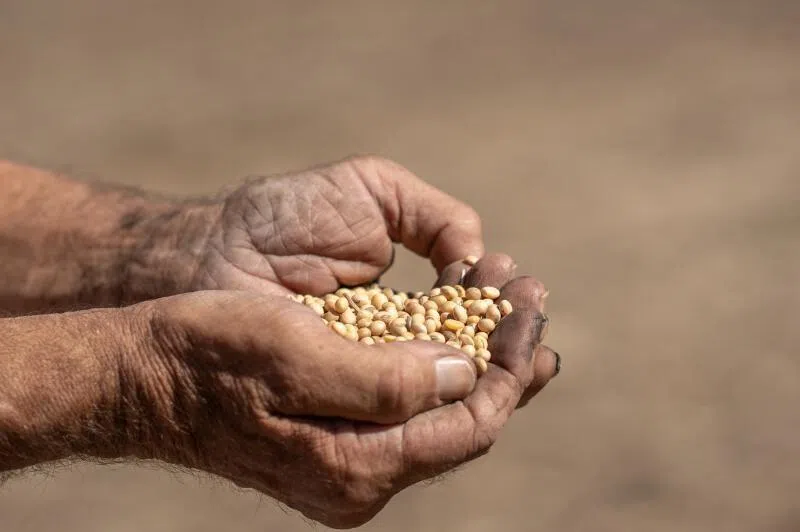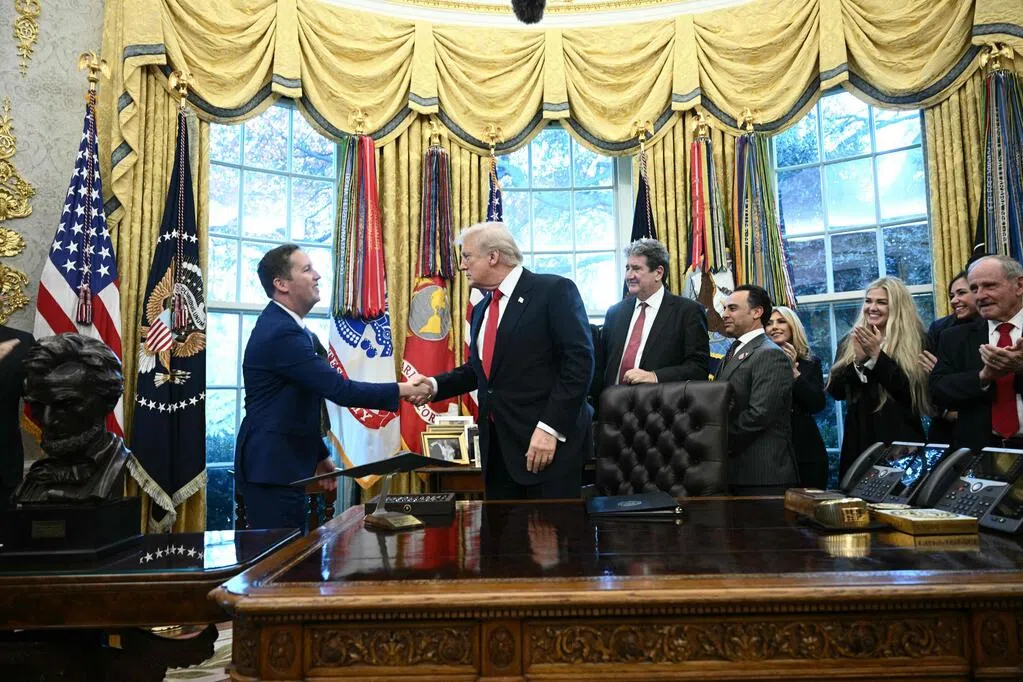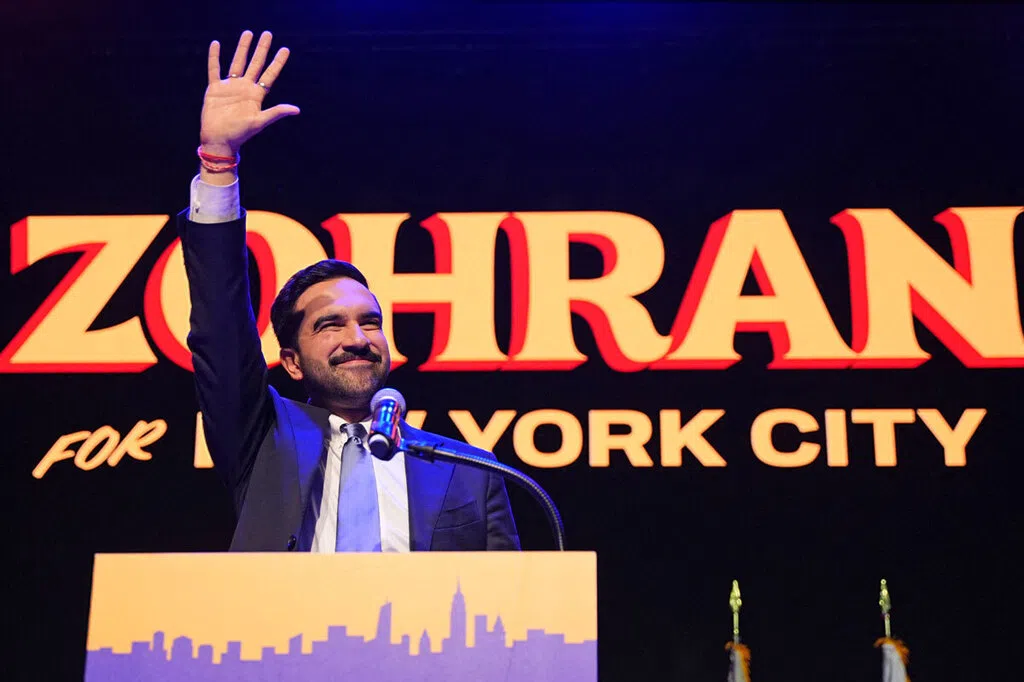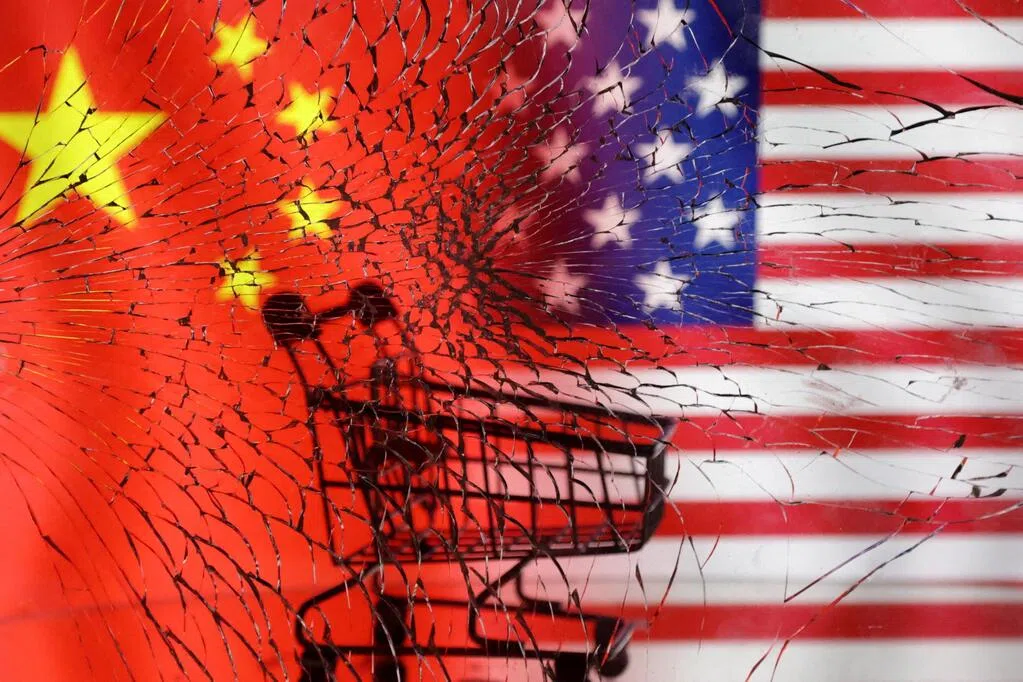(Washington, D.C.) Sources revealed that the Trump administration is preparing to grant broad tariff exemptions to a range of imported products to mitigate rising food prices that are causing anxiety among Americans. When the White House announced trade agreements with four Latin American neighbors, including Argentina, on Thursday, it emphasized that the agreements exempted some tariffs, which is expected to ease price increases for food items such as coffee, cocoa, and bananas, benefiting American consumers.
Over the past week, Vice President Vance, Treasury Secretary Bessant, and White House National Economic Advisor Hassett have all made statements on the issues of cost of living and prices, indicating that the Democrats' strong focus on this issue in the recent three local elections has put greater pressure on the White House to adjust tariff policies to curb price increases.
The New York Times reported on Thursday (November 13), citing sources, that the Trump administration intends to adjust reciprocal tariff rates on some products, including imports from countries that have not yet reached trade agreements with the United States. These tariff reductions are expected to include beef and citrus products, but sources also said that Trump has not yet made a final decision.
If the latest plan is implemented, it will be a significant concession by Trump's tariff policy amidst the ongoing pressure of the cost of living issue, surpassing the tariff exemptions he granted in September. Trump's executive order at that time primarily exempted tariffs on products not produced or grown in the US, and was limited to countries with which the US had already reached agreements, including the EU, UK, Japan, South Korea, Indonesia, and Malaysia.
Reports indicate that Commerce Secretary Lutnick, responsible for implementing the order, is arguing for exemptions on a range of food products due to soaring prices.
Further Reading


However, some officials disagree with granting broad tariff exemptions, arguing that it would further harm the interests of domestic livestock and agricultural industries, which are key supporters of the Trump administration. Trump's earlier statement about importing more beef from Argentina to lower domestic prices has already sparked backlash from American cattle farmers.
Furthermore, if the White House ultimately grants tariff exemptions to countries with which it has not reached an agreement, it could be seen as rewarding countries that have not made efforts to reach an agreement.
When asked by the media, White House spokesman Desai did not confirm specific details of the plan. In a statement, he said: "The Trump Administration is committed to a flexible, nuanced, and multi-layered trade and tariff strategy."
Desai indicated that possible tariff changes would come from products identified in Trump's September executive order, as well as "trade agreements with some of the largest Western allies."
The US Reaches Framework Agreement with Four Latin American Neighbors; Negotiations with Switzerland, Taiwan, and India Progress
The White House announced on Thursday that it had reached a framework trade agreement with Argentina, Guatemala, Ecuador, and El Salvador. The reciprocal tariff rate for most Ecuadorian products will be set at 15%, while the other three countries will have a 10% tariff.
Under the agreements, these countries will open their markets to major U.S. exports, including pharmaceuticals, chemicals, machinery, information technology products, and medical equipment. U.S. companies will also be permitted to participate in the development of their key mineral resources.
A senior White House official, speaking on condition of anonymity, revealed that some products not produced in the U.S. will be exempt from tariffs when imported from these countries. The White House expects retailers and wholesalers to pass these benefits on to consumers. "We anticipate this will have a positive impact on the prices of products like coffee, cocoa, and bananas," the official said.
The official also stated that the significant number of trade agreements already reached by the U.S. has enabled the Trump administration to take action to grant tariff exemptions.
He further revealed that trade negotiations with Switzerland, Taiwan, and India have recently made progress.



